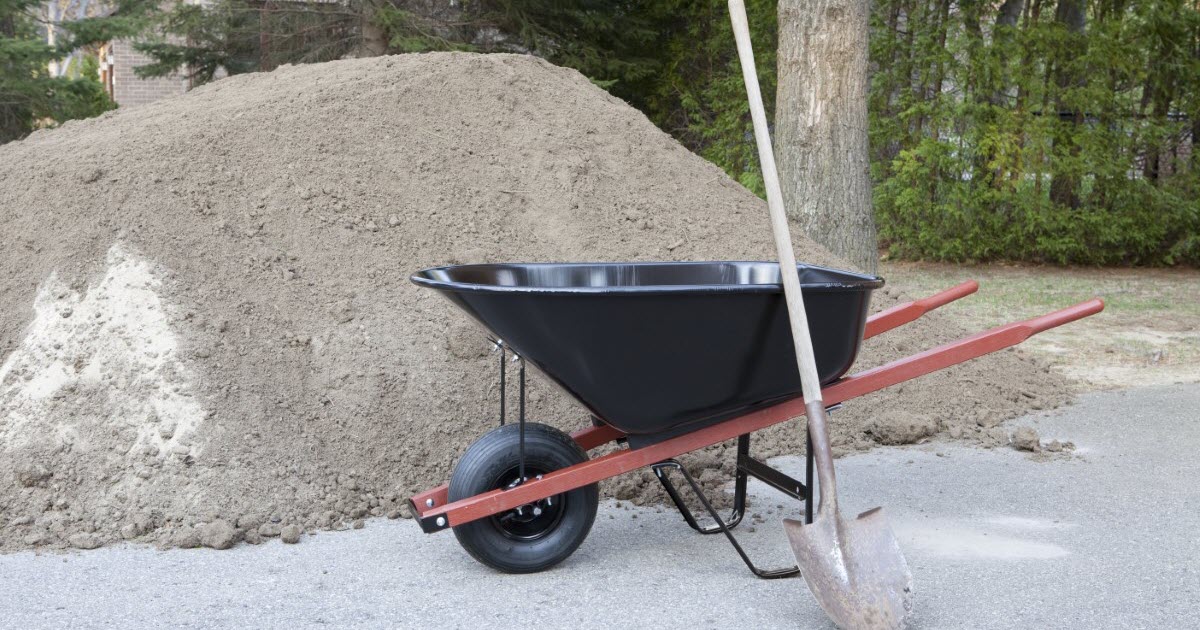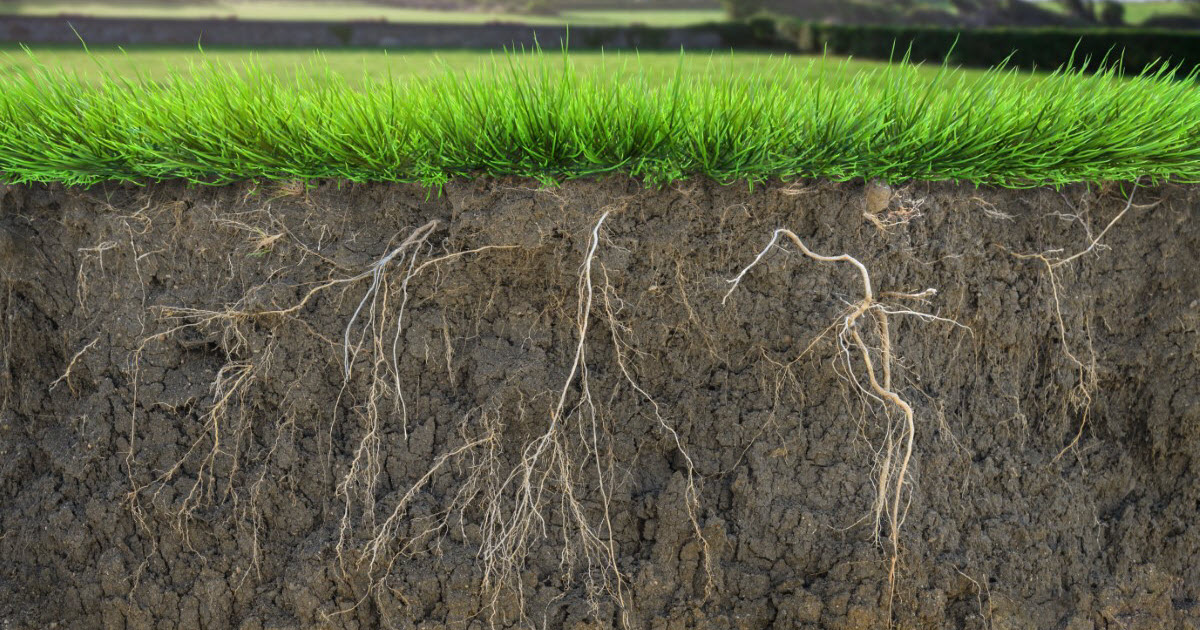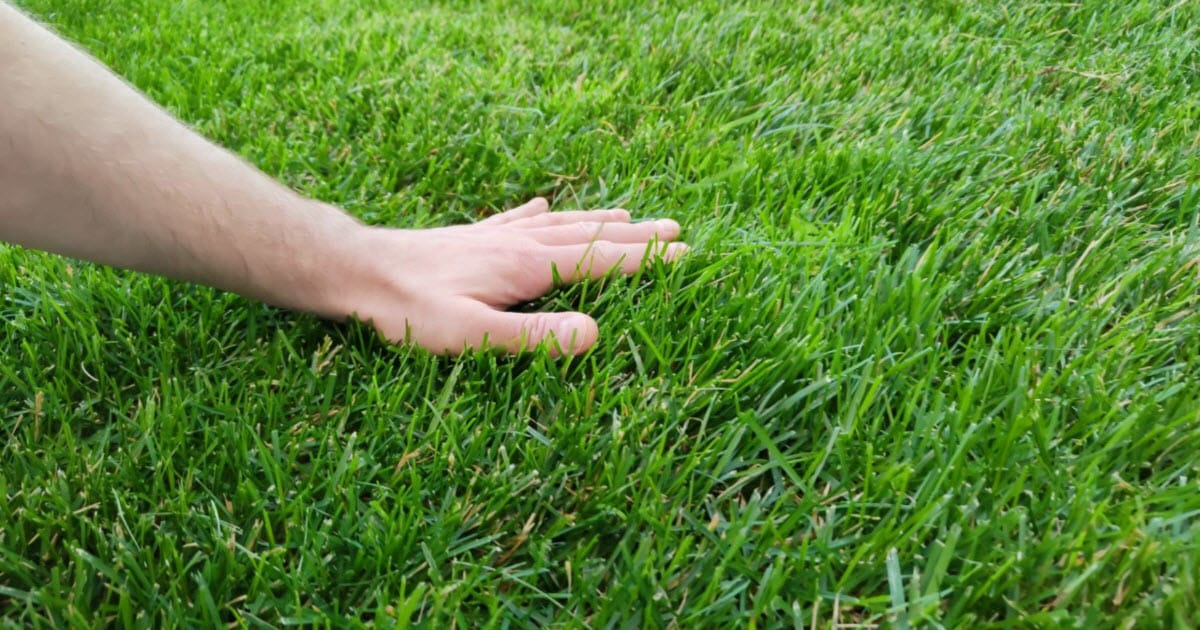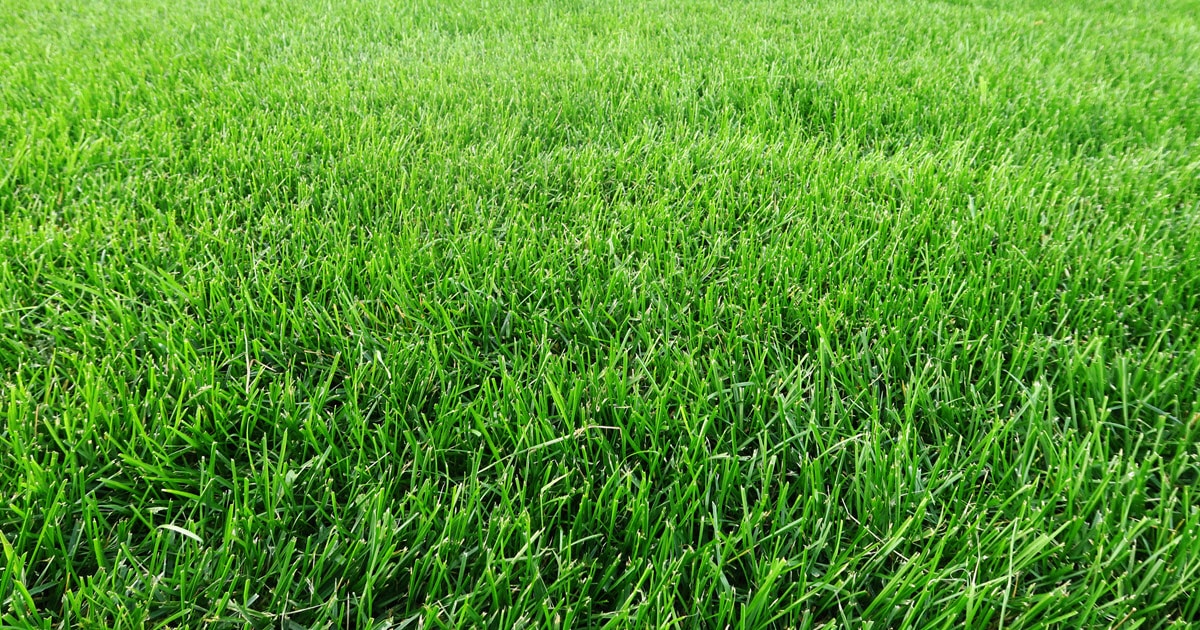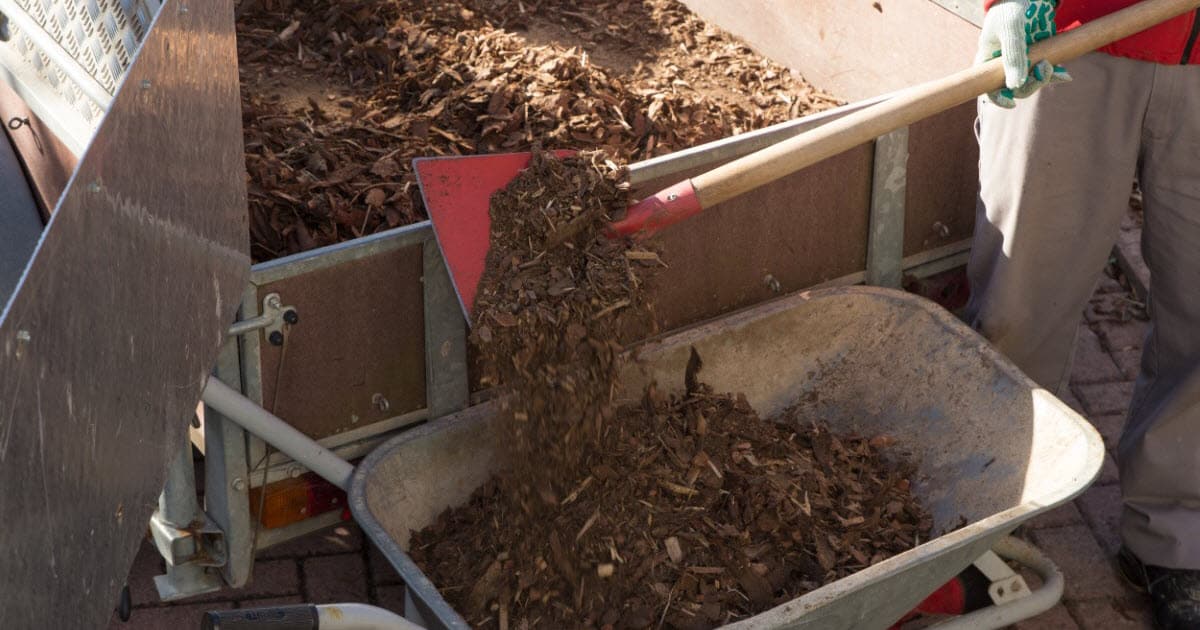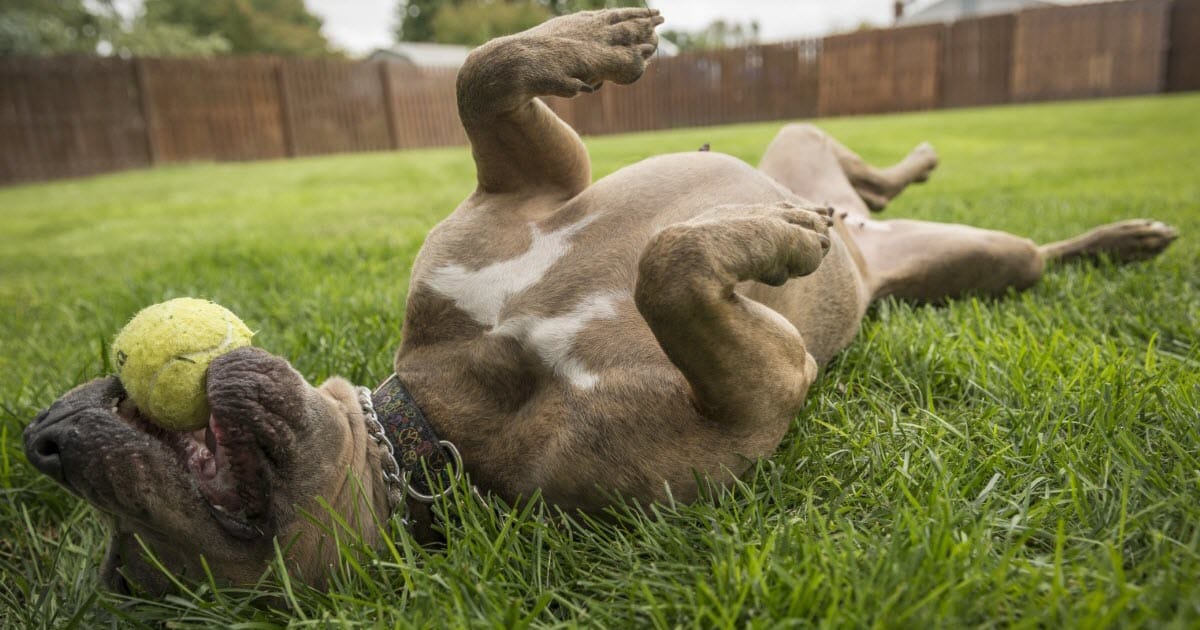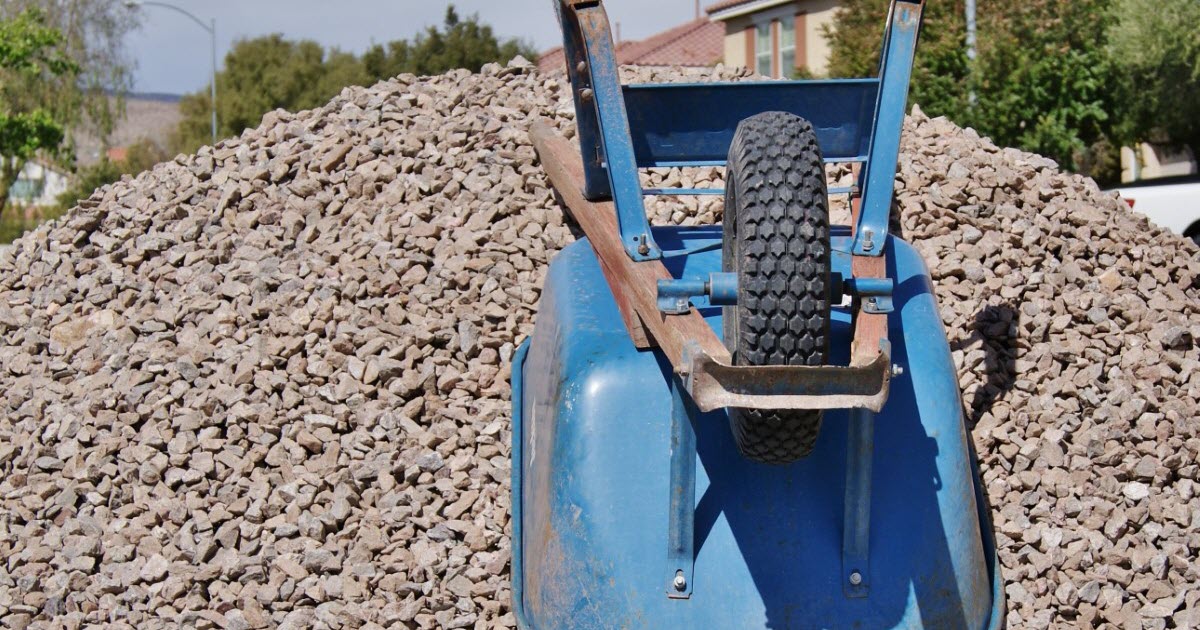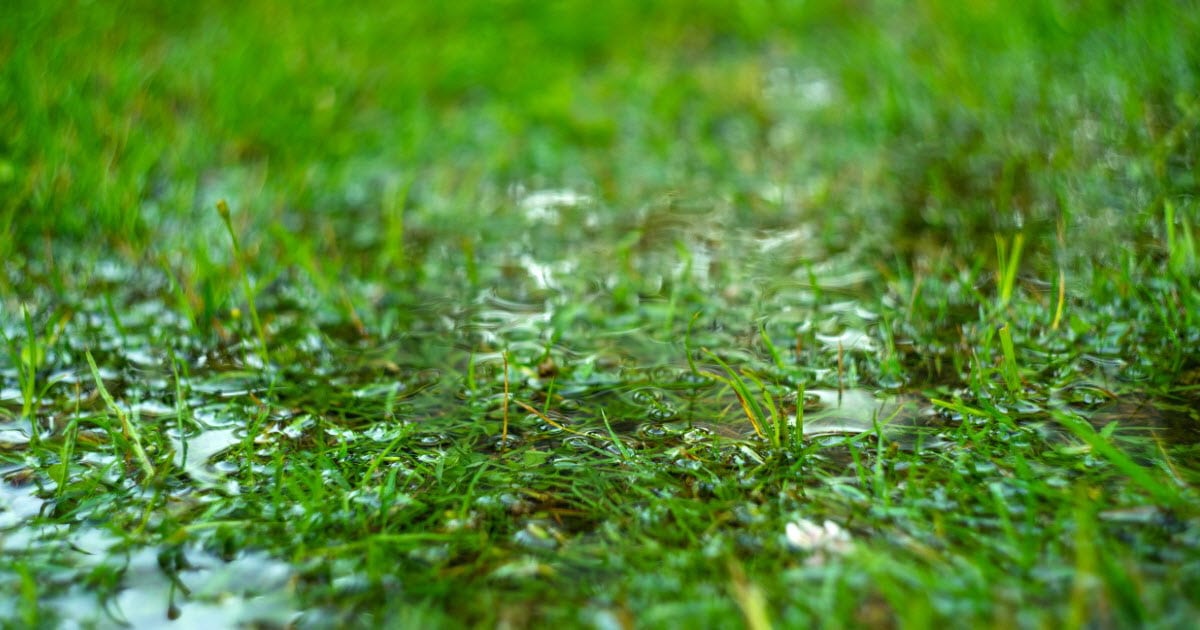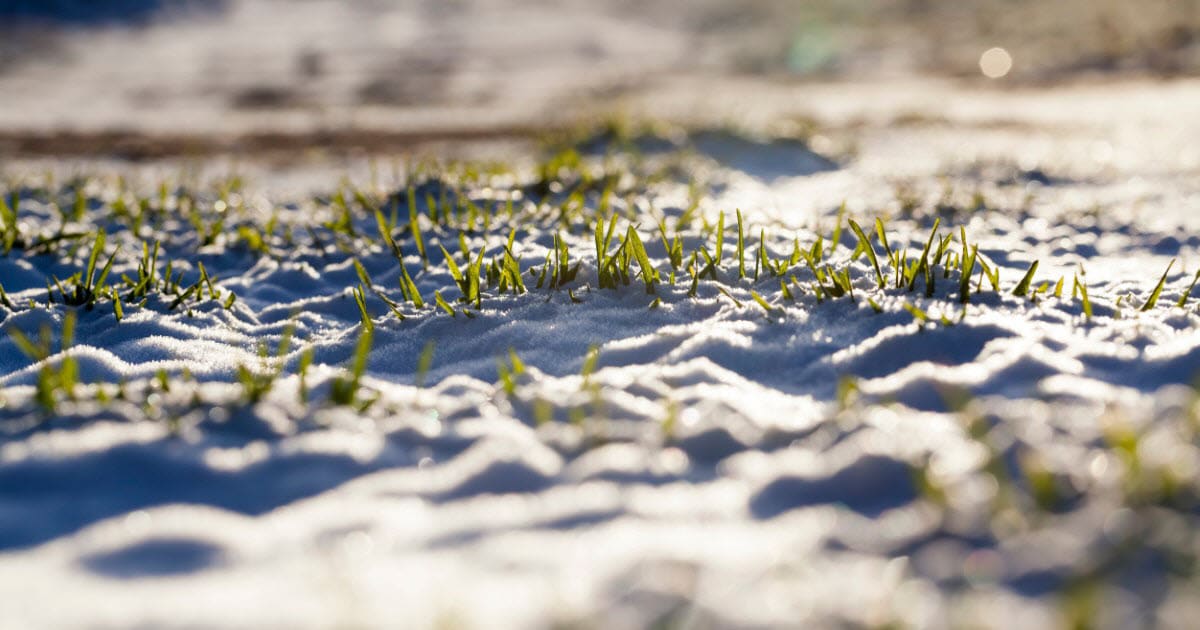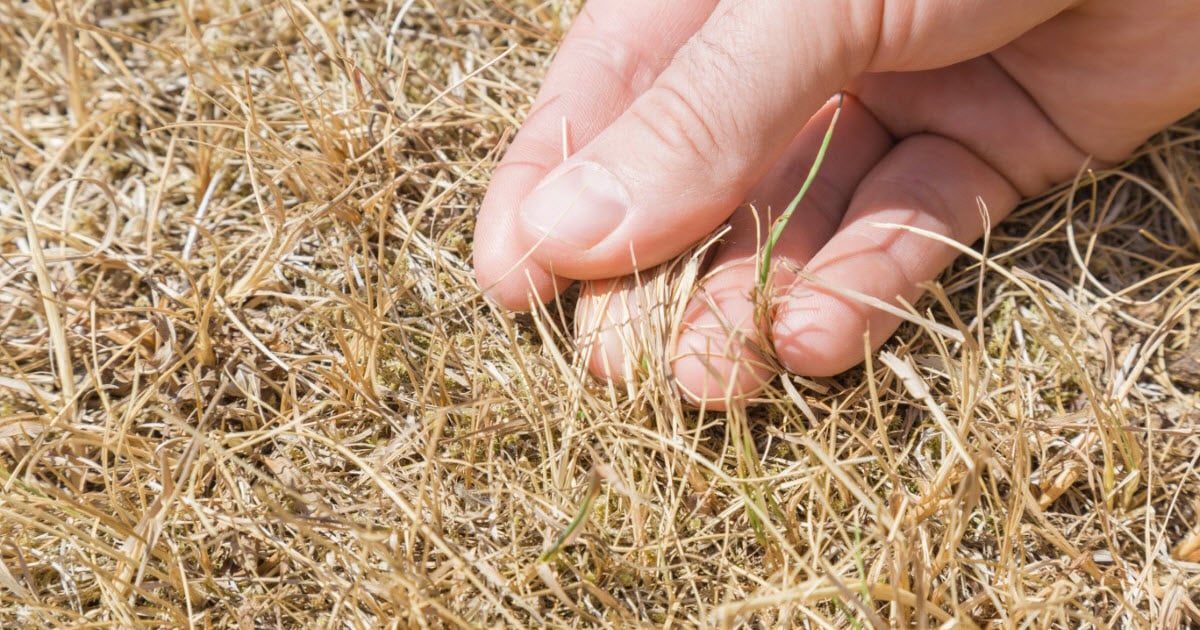Applying topsoil to your lawn can help improve soil quality, promote better drainage, and provide key nutrients to feed your grass. Topsoil can also be used to help level your lawn and remove lumps. But before you can start spreading topsoil on your lawn, there is certain information that you’ll want to know – especially if you are getting the topsoil in your vehicle instead of scheduling a bulk delivery. For one thing, how much does a yard of topsoil weigh?
Read More